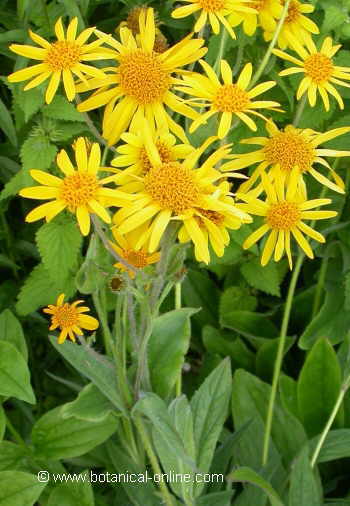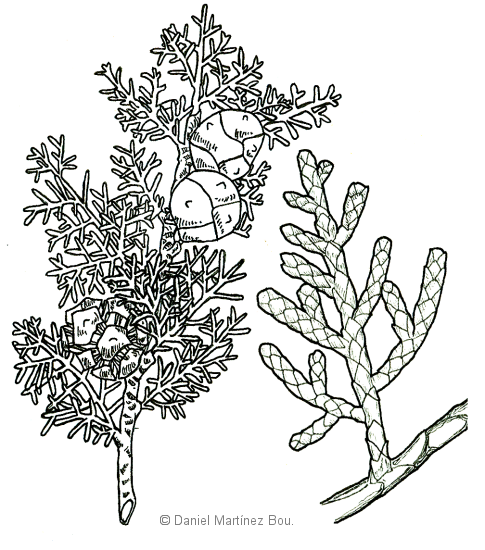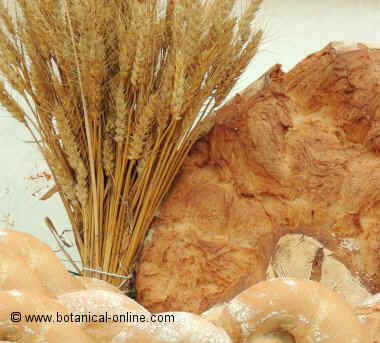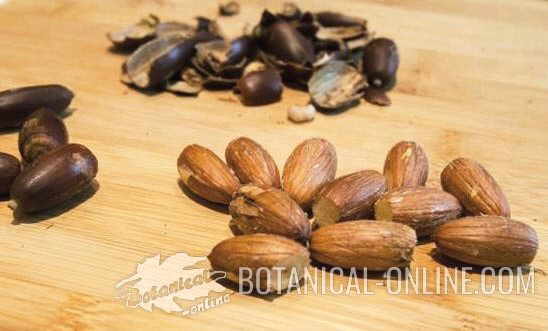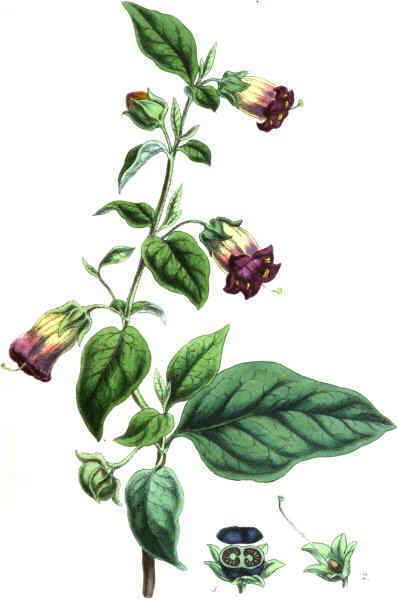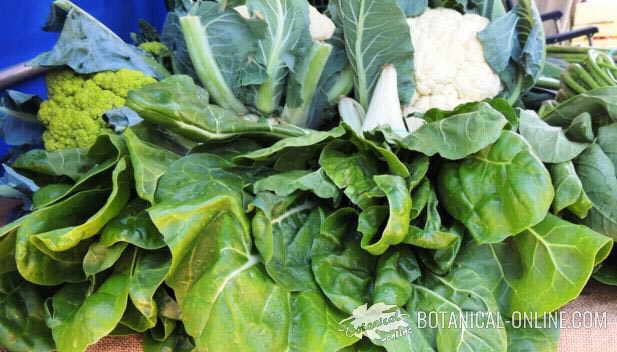Contents
- 1 Is it best to soak seeds before planting?
- 1.1 Why to soak the seeds?
- 1.2 What can happen if the seeds are not soaked?
- 1.3 How can seeds be soaked?
- 1.4 Draining the seeds
- 1.5 What happens if the seeds do not germinate after soaking them?
- 1.6 How long should the seeds be soaked?
- 1.7 Soaking with warm water to germinate seeds
- 1.8 Do all seeds need soaking before planting?
- 1.9 Seeds harder to germinate
Is it best to soak seeds before planting?
Why to soak the seeds?
The objective of soaking the seeds is to achieve greater hydration so that germination takes place sooner. With soaking it is possible to soften the outer layer of the seed and, at the same time, dissolve and eliminate a series of substances that inhibited the germination process. This activation allows more successful germination.
In food, some people soak the seeds to activate them and thus improve their digestibility.
What can happen if the seeds are not soaked?
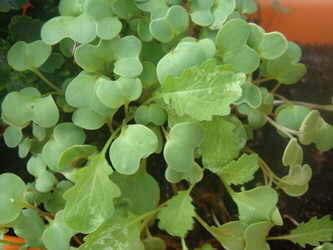
If not soaked, some seeds will not be able to break the external cuticle and will not germinate; others the seeds will be hydrated little by little on the same subsoil although the germination time in this case will be longer.
Some studies carried out in India demonstrated the advantage of this method. In these studies it was found, for example, that by soaking wheat, barley or rice for 8 hours, corn for 12 or 18 hours, sorghum or flax for 10 hours, or chickpeas, mung beans or peanuts , for 8 hours the seeds germinated before and in better conditions.
How can seeds be soaked?
The seeds can be soaked in hot, warm water or cold water. The water should be hotter for those seeds that are more difficult to germinate. As a general rule, we must introduce twice or triple the amount of water than seeds and stir them well so that the water soaks them all well. This is especially interesting in small seeds.
After each soak period, they should be rinsed well with water at normal temperature, taking into account that those seeds that float on the water should be removed, after applying a small pressure with the finger, or all the crusts or impurities that may exist on she. The latter must be taken into account in some very light seeds such as those of cruciferous (such as cabbages and other similar vegetables).
Draining the seeds
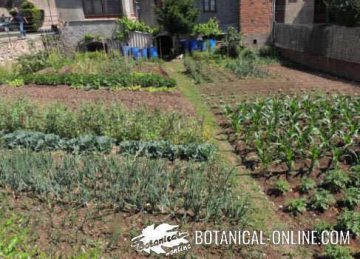
After the rinsing process, the seeds should be allowed to drain for a period of 8-12 hours, in the right place and at the right temperature.
What happens if the seeds do not germinate after soaking them?
Those seeds that take longer to germinate than one soak period should undergo another or several additional soak periods. Subsequently, they should be clarified and dried after each soak period until germination begins. We have to take into account that some seeds may take several days to germinate.
How long should the seeds be soaked?
Although the seeds are usually soaked during a period that ranges between 8 and 48 hours, the approximate time for soaking the seeds should be known, since too long immersion in water ends up spoiling them. It is a technique that is not used too much because, since there is no official table for the soaking time of most seeds, many farmers, gardeners or horticulturists are afraid of spoiling them and do not resort to this possibility.
Soaking with warm water to germinate seeds
Soaking in warm water is very convenient for the seeds of many vegetables. To do this they are introduced into a bowl with hot water from 8 to 12 hours. For example, plants whose seeds benefit from soaking are:
Do all seeds need soaking before planting?
Some seeds do not need to be soaked to germinate well. In most cases they are seeds that contain a very high amount of mucilages, so they don’t need so much hydration. Within this group we have seeds such as:
Seeds harder to germinate
Among the seeds that are more difficult to germinate are those of legumes, such as beans or broadbeans. It has been found that soaking large seeds such as legumes, especially in forest species, such as acacias, combined with their subsequent drying accelerates the germination process and guarantees higher germination.
Many of these seeds germinate better when 0.2% potassium nitrate is added to the water. When the immersion in warm water is not very effective, the technique of soaking them in hot water is usually used after having been scarified conveniently.
The seeds of the Aliaceae or Liliaceae, (garlic, onion, leek, etc.) take a week or two to germinate, so we must be patient.
* Related information:
– How to disinfect seeds before sowing
![]() More information on seeds
More information on seeds


